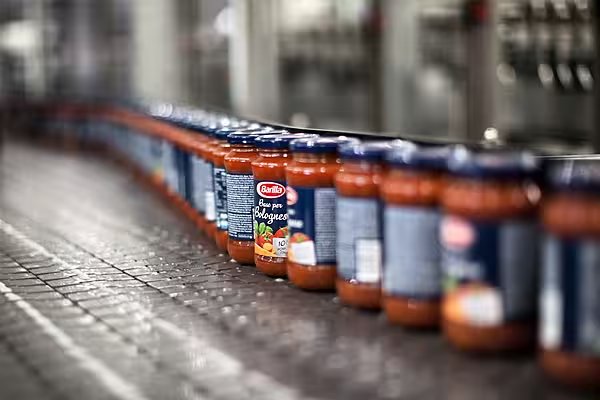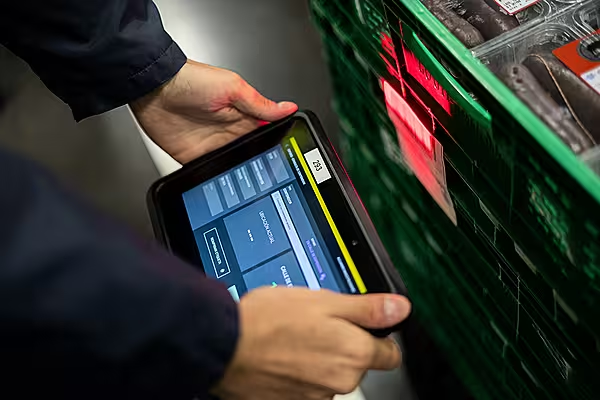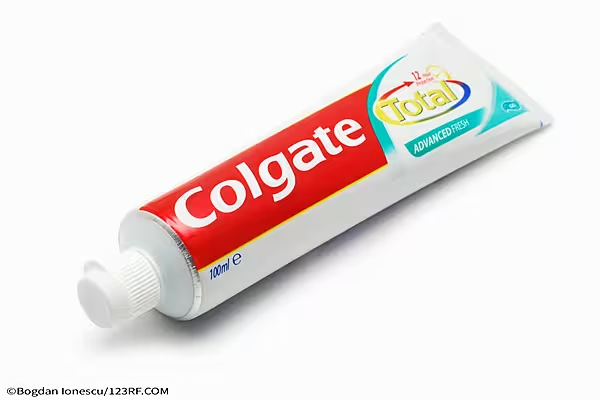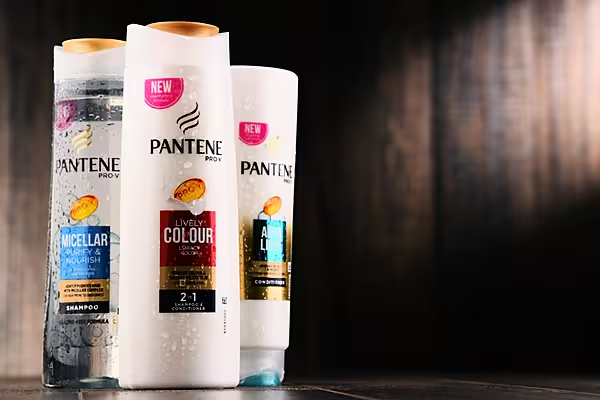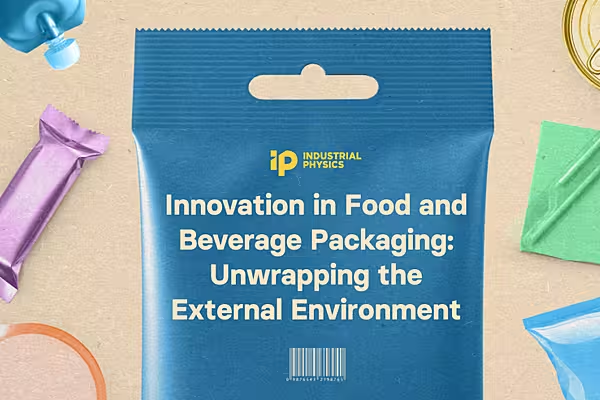Italy’s Barilla Group has reformulated some 476 SKUs in the last decade, resulting in a more sustainable and innovative product portfolio, with a better nutritional profile, the company has said.
Last year, the Parma-based company reformulated 26 products, reducing the fat, saturated fat, salt and sugar content of each, as well as increasing the fibre content, investing €40 million in R&D.
The group recently announced the acquisition of Italian pasta firm Catelli.
New Product Launches
Barilla, which has been palm-oil free since 2016, last year launched 34 new products with no added sugar, which are rich in fibre, whole grain, legume-based or single-portioned.
Earlier this year, the company launched the Cecille and Lentille brands, bringing the taste of legume flour to breakfast, and also added a new shortbread with chickpea flakes, maize, lentils and chocolate to its Gran Cereale product range.
In 2020, the total of strategic raw materials purchased responsibly grew by +19%.
The tomatoes and basil used to make Barilla sauces and pestos are grown, where possible, close to the production plants, minimising the time between harvesting and product processing.
Also, 90% of durum wheat, the key ingredient in all the group's pasta brands is sustainable, and purchased from the local market and 42% through cultivation contracts.
In a statement, Barilla said that it is also committed to ensuring that all suppliers of raw materials of animal origin respect not only legal requirements, but also the highest animal welfare standards and criteria.
Sustainable Production
Since 2010, Barilla has managed to reduce CO2 equivalent emissions by 31%, water consumption per ton of finished product by 23%, while 64% of the total electricity purchased is certified with the Guarantee of Origin.
Significantly, it achieved complete offsetting of C02 equivalent for the Wasa, Gran Cereale, Harrys and Mulino Bianco brands.
Barilla has also committed to achieve 100% recyclable packaging in the coming months by using paper and cardboard in place of plastic, as well as virgin fibre paper and cardboard from responsibly managed forests.
In 2020, the Barilla Group's turnover amounted to €3.89 billion (+9% net of the exchange rate effect compared to 2019), with pasta, sauces and ready meals representing 55.2% of turnover and bakery products 46.2%.
© 2021 European Supermarket Magazine – your source for the latest retail news. Article by Branislav Pekic. Click subscribe to sign up to ESM: The European Supermarket Magazine
